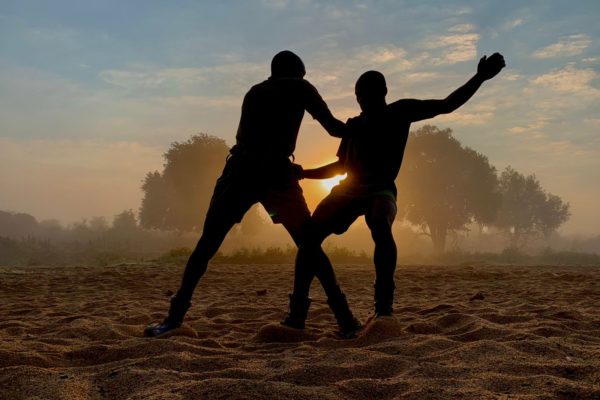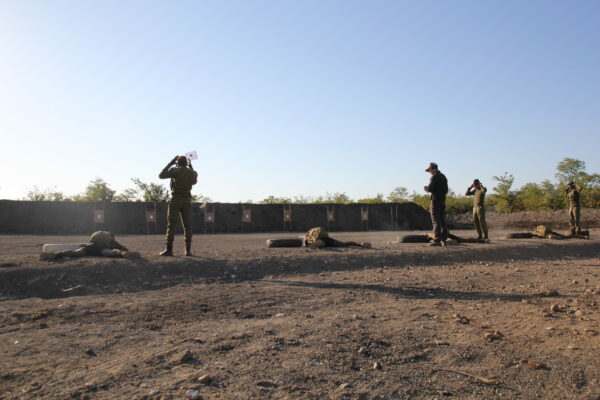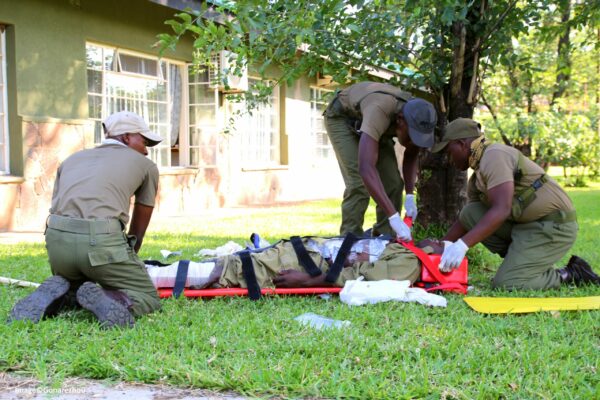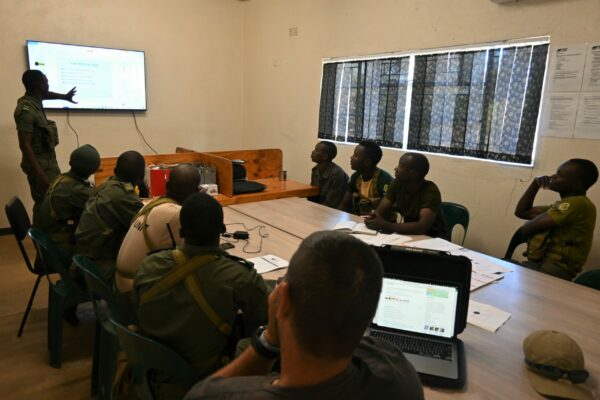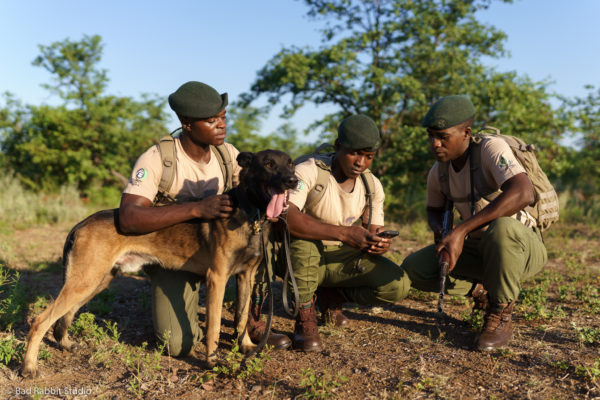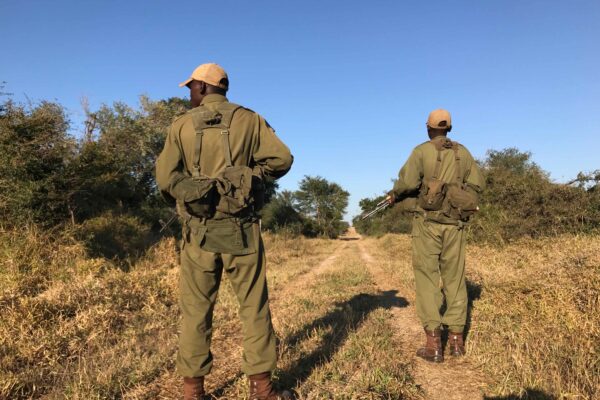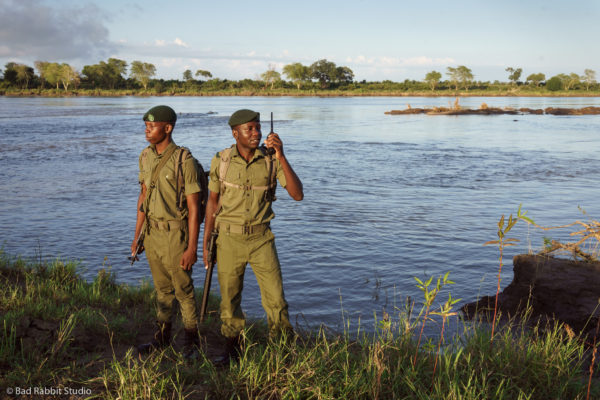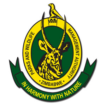Our rangers are involved in a series of events throughout the year to help them discover more about the natural world and also to help enhance their leadership, professional and community responsibility. There is always something on offer to suit the qualities and abilities of each ranger.
Leadership Training: Leadership training is an essential means to raise awareness and understanding of the role of leadership in our law enforcement unit. During the training, particular emphasis is placed on leadership and management, conservation ethics, law enforcement ethics, community engagement, communication and, most importantly, human rights. This unique curriculum is a ringing endorsement that rangers are more than just the ‘boots on the ground’. They are conservation’s first responders – a force for wildlife and people and an asset to vital law enforcement activities across our vulnerable landscape.
Exchange Programmes: Ranger exchanges support the professional capacity development of our rangers by maintaining connections between rangers working across the country (and elsewhere in Africa) and providing a platform for exchanging information and enhancing skills and knowledge. Our rangers can gather first-hand information on how other like-minded organisations manage their wildlife resources through exchange programmes. Throughout the years, GCT has sent rangers to Zambia, Mozambique, South Africa, and Germany, and in return, we have also received rangers from other countries.
First Aid Training: The most crucial aspect of ongoing training is to train and equip rangers to keep them safe and effective. With that in mind, our training program covers vital elements required in a medical emergency- from scene management to practical First Aid. We teamed with medical service providers to develop a practical module to ensure rangers efficiently execute their First Aid training when necessary. This training not only makes rangers well-prepared to help themselves and each other in case of any eventuality in the field but also makes Rangers more significant assets to their communities, particularly in communities living far from definitive care at clinics and hospitals.

